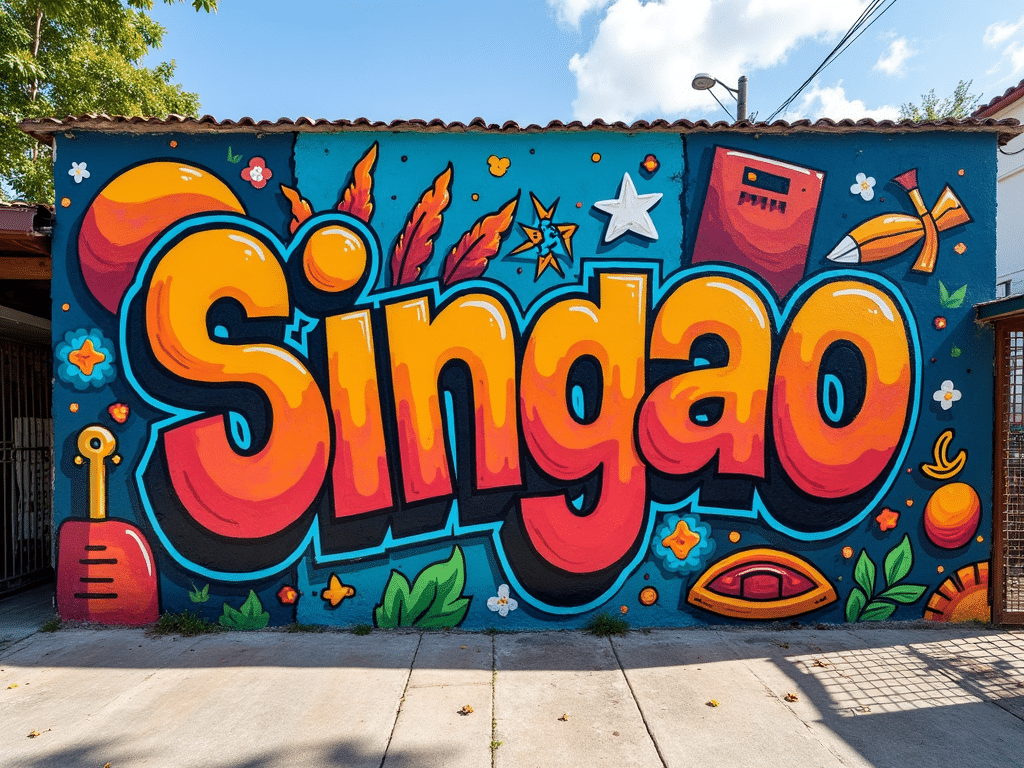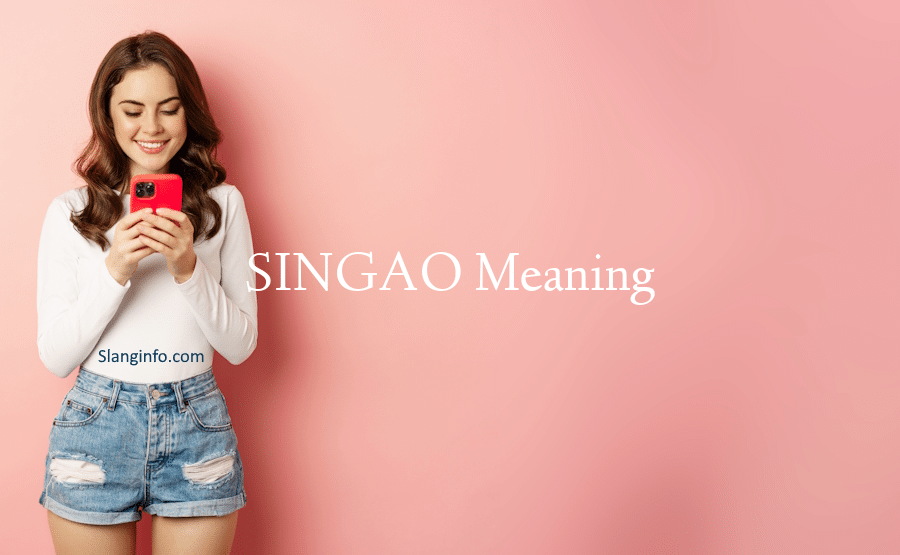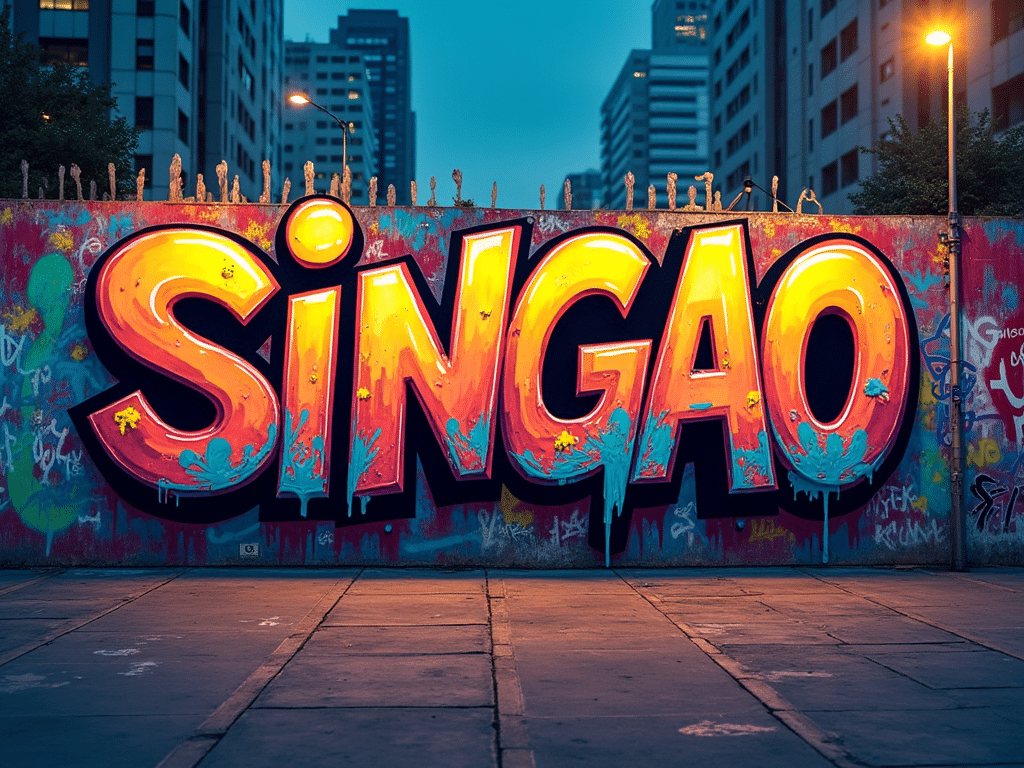Hey there, language explorers! Today we’re diving into a fascinating piece of Cuban slang that’s taken on new life in recent years. “Singao” is more than just a word – it’s a window into Cuban culture and expression. But heads up: this term can be pretty strong, so let’s approach it with respect and cultural awareness! 🗣️
| Key Takeaways | Description |
|---|---|
| Origin | Cuban Spanish slang term |
| Primary Usage | Strong expression of frustration or criticism |
| Cultural Context | Deeply rooted in Cuban protest culture |
| Modern Impact | Widely used in social media and activism |
| Sensitivity Level | Considered strong language; use with caution |
Singao Meaning: Understanding Cuban Slang and Cultural Expression 🌴

Origins and Etymology
Let’s start at the beginning. The word “singao” comes from the Spanish verb “singar,” which has… let’s say, some pretty colorful origins. Think of it as the Cuban equivalent of some choice words you definitely wouldn’t use around your abuela. 👵
The term has evolved over time, and its meaning has shifted from its original definition to become:
- A strong expression of frustration
- A way to call someone out
- A term of protest
- Sometimes (rarely) a term of endearment between close friends
It’s like when English speakers use “bruh” – the meaning can change completely depending on context and tone.
Definition and Usage
In modern usage, “singao” can mean different things depending on where you are in Latin America:
Cuba:
- Most common usage
- Strongest meaning
- Used in protests and everyday speech
Dominican Republic:
- Similar but less intense meaning
- More casual usage
Venezuela and Peru:
- Different variations and meanings
- Less commonly used
Think of it like regional differences in slang – just like how “periodt” might mean something different depending on where you are in the US.
Cultural Impact

This is where things get really interesting. In recent years, “singao” has become more than just a curse word – it’s evolved into a symbol of protest and resistance. 🗽
Here’s how it’s used in different contexts:
- Social Media:
- Hashtag activism
- Memes and viral content
- Political commentary
- Music:
- Reggaeton lyrics
- Protest songs
- Underground music
- Street Culture:
- Graffiti
- Protest signs
- Popular sayings
The term has become so significant that it’s even caught the attention of political figures and international media. It’s like when “YOLO” went from being just a saying to becoming a cultural phenomenon.
Linguistic Analysis
From a language nerd perspective (and trust me, I am one! 🤓), “singao” is fascinating because it shows how language evolves. The Royal Spanish Academy (RAE) doesn’t officially recognize it, but that hasn’t stopped it from becoming a powerful part of Cuban Spanish.
Here’s what makes it linguistically interesting:
- Spelling variations:
- Singao
- Singado
- Cingao
- Grammatical use:
- As an adjective
- As an exclamation
- As a noun
It’s similar to how English slang terms like “pogchamp” can be used in multiple ways, depending on the situation.
Modern Applications 🌐
In today’s digital age, “singao” has found new life on social media platforms. Let’s break down how it’s used in different spaces:
Social Media Usage:
- Twitter: Political commentary and protest organization
- Instagram: Memes and cultural expression
- TikTok: Comedy skits and cultural education
- Facebook: Community discussions and news sharing
The term has become particularly powerful in protest movements, kind of like how “spill the tea” became a way to share important information, but with more political weight.
Sensitivity and Context
Now, let’s talk about something super important: when and how to use this term (or whether to use it at all). Just like you wouldn’t use “WTAF” in a job interview, “singao” requires careful consideration of context.
Here’s a quick guide:
- DO NOT use it:
- In formal situations
- With people you don’t know well
- In professional settings
- When speaking to elders
- BE CAUTIOUS when:
- Discussing politics
- Speaking with Cuban Americans
- Using it on social media
- Writing about Cuban culture
- UNDERSTAND that:
- It can be deeply offensive
- It has political implications
- Cultural context matters
- Impact varies by region
Similar Terms in Other Cultures
Every culture has its strong expressions. Here’s how “singao” compares to other cultural equivalents:
| Region | Term | Usage Level |
|---|---|---|
| Mexico | Güey | Moderate |
| Spain | Joder | Strong |
| Argentina | Boludo | Moderate |
| Puerto Rico | Puñeta | Strong |
The Future of “Singao”
Like any piece of living language, “singao” continues to evolve. Here’s what we’re seeing:
- Political Evolution
- Increased use in activism
- Growing international recognition
- New contextual meanings
- Cultural Spread
- Adoption by non-Cuban speakers
- Use in mainstream media
- Integration into pop culture
- Digital Transformation
- Hashtag activism
- Meme culture
- Social media movements
Tips for Cultural Awareness
If you’re interested in Cuban culture and language, here’s how to approach terms like “singao” respectfully:
- Learn the context: Understand the historical and cultural background
- Listen first: Pay attention to how native speakers use it
- Show respect: Acknowledge the term’s significance
- Stay informed: Keep up with current events and cultural shifts
Conclusion
“Singao” is more than just a curse word or slang term – it’s a complex piece of Cuban cultural expression that reflects history, politics, and social change. Whether you’re studying Spanish, interested in Cuban culture, or just curious about language evolution, understanding “singao” helps you understand a crucial piece of modern Cuban identity.
Remember:
- Context is everything
- Respect the cultural significance
- Use with extreme caution (or better yet, not at all if you’re not Cuban)
- Appreciate its role in cultural expression
Like many strong expressions, “singao” shows us how language can be both a weapon and a tool for change. It’s like the “FAFO” of Cuban Spanish – powerful, meaningful, and not to be used lightly. 🗣️
P.S. Want to learn more about cultural expressions and slang? Check out our articles on international slang and cultural terms. Just remember to approach all cultural terms with respect and understanding! 🌍
Remember: Language is power, and with power comes responsibility. Use it wisely! ✨







